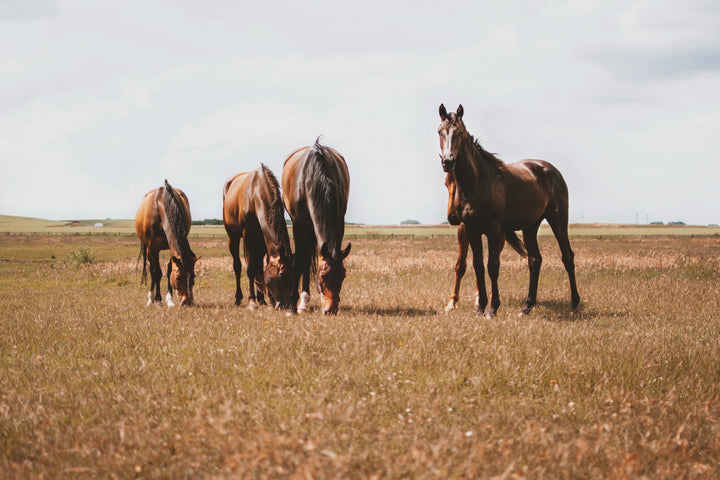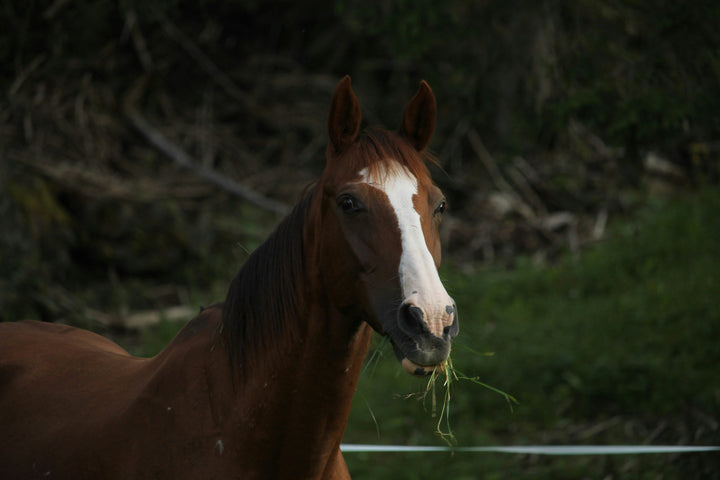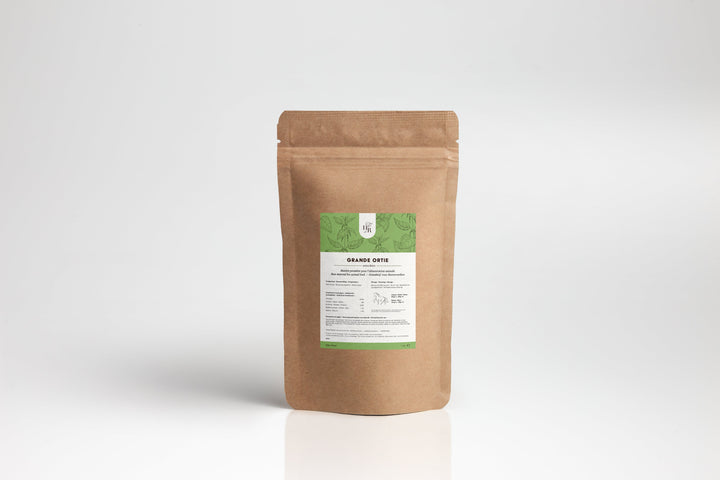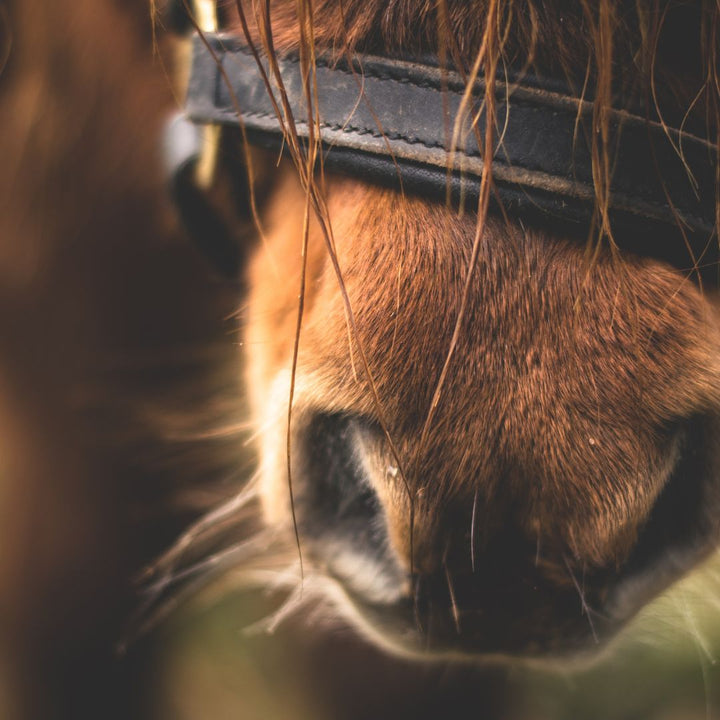Blog

Horses in 2040?
The world of horses is evolving, and the challenges it faces by 2040 are both exciting and critical. During a foresight workshop organized by the EHN network, four major trends...
Horses in 2040?
The world of horses is evolving, and the challenges it faces by 2040 are both exciting and critical. During a foresight workshop organized by the EHN network, four major trends...

CAN THE EMOTIONS EXPERIENCED BY HORSES AFFECT THEIR MOVEMENT?
Emotions, whether positive or negative, play a key role in animal behavior. But do they also influence how animals move?This is the question a study conducted by IFCE (Camille Betting,...
CAN THE EMOTIONS EXPERIENCED BY HORSES AFFECT THEIR MOVEMENT?
Emotions, whether positive or negative, play a key role in animal behavior. But do they also influence how animals move?This is the question a study conducted by IFCE (Camille Betting,...

Interactions between fecal microbiota and athletic horses
The gut microbiota is recognized as a central player in the regulation of physical, metabolic and mental health in mammals. In horses, although studies have explored the effects of diet...
Interactions between fecal microbiota and athletic horses
The gut microbiota is recognized as a central player in the regulation of physical, metabolic and mental health in mammals. In horses, although studies have explored the effects of diet...

Towards a more sustainable equine diet: challenges and prospects
In a context of agro-ecological transition, the equine industry is called upon to rethink its feeding practices in order to reduce its environmental footprint. Although horses, as monogastric herbivores, emit...
Towards a more sustainable equine diet: challenges and prospects
In a context of agro-ecological transition, the equine industry is called upon to rethink its feeding practices in order to reduce its environmental footprint. Although horses, as monogastric herbivores, emit...

Assessing the well-being of horses: a multidimensional behavioral approach
Assessing the well-being of horses: a multidimensional behavioral approachThe well-being of domestic horses (Equus caballus) is a growing concern in scientific and ethological circles. While horses' living conditions can compromise...
Assessing the well-being of horses: a multidimensional behavioral approach
Assessing the well-being of horses: a multidimensional behavioral approachThe well-being of domestic horses (Equus caballus) is a growing concern in scientific and ethological circles. While horses' living conditions can compromise...

Introduction to Nettle (Urtica dioica): A Plant with Multiple Benefits
Nettle, often perceived as an invasive and stinging weed, is actually a plant with remarkable properties, widely recognized by herbalists, farmers, and breeders for its multiple medicinal, agricultural, and industrial...
Introduction to Nettle (Urtica dioica): A Plant with Multiple Benefits
Nettle, often perceived as an invasive and stinging weed, is actually a plant with remarkable properties, widely recognized by herbalists, farmers, and breeders for its multiple medicinal, agricultural, and industrial...

Olfactory Stimulation: Improving the Well-being of Domestic Horses
Olfactory stimulation, or olfactotherapy, is an emerging tool to enrich the environment of domestic horses, thus improving their quality of life. This approach leverages the highly developed sense of smell...
Olfactory Stimulation: Improving the Well-being of Domestic Horses
Olfactory stimulation, or olfactotherapy, is an emerging tool to enrich the environment of domestic horses, thus improving their quality of life. This approach leverages the highly developed sense of smell...
